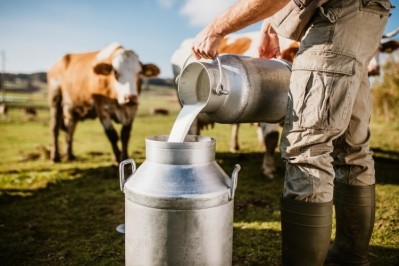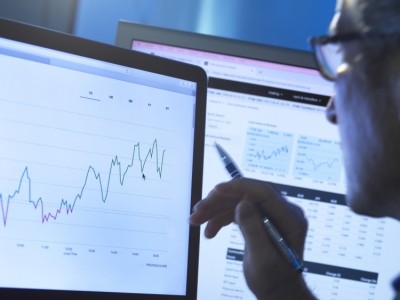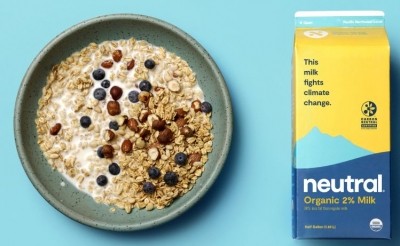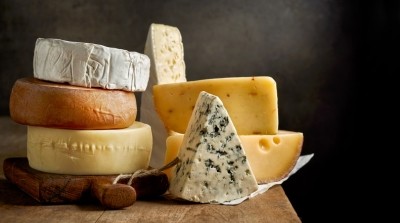DMK’s climate targets: ‘This is about the credibility of an entire industry’
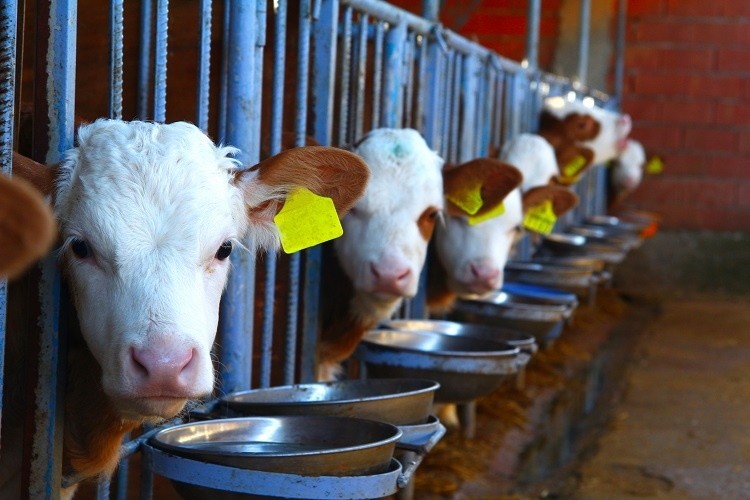
DMK group has committed to making an ‘active contribution’ to the world achieving the targets set out under the Paris Agreement, with the ambition to limit global warming to 2°C – or 1.5°C if possible. The dairy group’s target – to reduce greenhouse gas emissions by a total of 20% across its entire value chain by 2030 – has now been validated by the SBTi.
This external validation t is an important step, not only to drive ‘further down with emissions’ internally, but to do so within the framework of SBTi, Ingo Müller, CEO of the DMK Group, explained.
"In our strategy, we have set ourselves the goal of reducing our greenhouse gas emissions by a total of 20% along the entire value chain by 2030. We see it as part of our responsibility as a cooperative and a major food producer to play an active role in leaving behind a world that future generations will enjoy living in. Ultimately, all of this is also about the credibility of an entire industry, which is currently undergoing one of the greatest transformation processes. To this end, we must clearly demonstrate that we are developing solutions and are not the problem,” Müller stressed.
‘We will only solve it together’
Announcing the news, DMK noted that the discourse on climate change is currently competing with concerns over food security that have mounted in the face of the conflict in Ukraine. Nevertheless, the European dairy cooperative stressed, climate change represents one of the ‘greatest efforts’ and ‘greatest responsibility’ for society.
The dairy group highlighted the challenges that global warming will bring in the longer term, stressing that it poses a ‘massive risk’ for agricultural production. In this context, the group said it feels ‘obliged to act’ and ‘send a clear signal as a leading European dairy cooperative’. It is therefore concentrating on cutting – or ‘where possible’ avoiding - GHG emissions either directly or indirectly linked to its business activities.
To achieve this, Müller stressed that a collective and collaborative response is needed. “Because the climate challenges are so great, we will only be able to solve them together as a society. To do this, we must be willing to learn from others and actively promote collaboration across industry boundaries," he commented.
The road to 2030
DMK has positioned sustainability as an ‘integral part’ of its Strategy 2030. The company has already undertaken various initiatives over the past decade and claims it has ‘successfully implemented or initiated’ a ‘large number’ of reduction measures.
Looking to the future, DMK said the task now is to think further about the activities carried out to date and to find ‘additional levers’ to further reduce greenhouse gas emissions.
DMK said that one starting point is milk as a raw material.
With total global emissions currently around 50 billion tonnes of CO2-eq, dairy emissions equate to about 3.4% of this. The biggest source of those emissions is from methane, according to the FAO report, with 59% emanating from enteric fermentation. Cutting the amount of methane produced by cows is therefore an important challenge and opportunity for the dairy sector, DMK suggested.
“The average CO2 value per kilogram of milk at DMK farmers is already at a good level and is to be further reduced in the future. For this purpose, the company has been bringing the so-called agri-climate check to the farms since the beginning of the year, with which farmers can draw up their individual climate balance and identify potential for improvement.”
Within the scope of its processing operations, energy efficiency projects at the plants also play an ‘important role’ and contribute to the overall goal. Within the DMK production sites alone, CO2 emissions are to be ‘significantly’ reduced in the future, the company said.
Elsewhere, DMK highlighted opportunities to reduce packaging waste, the use of hydrogen in trucks for milk collection, and climate-friendly building design. On water stewardship, the dairy is working to minimize residues in waste water or the in-house production of drinking water from ‘milk water’, which is a by-product of milk and whey drying.
